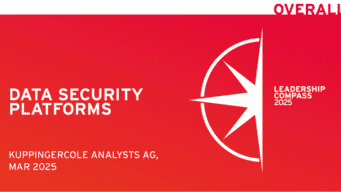Security

AI-Driven cognitive boost for cyber threat hunting
April 14, 2025•
8 min read

KuppingerCole recognizes OpenText as a Leader in data security
April 10, 2025•
3 min read

Not ready for ITDR? You can still go adaptive
April 09, 2025•
9 min read
Generative AI – Supercharging malware and vulnerability detection
April 08, 2025•
6 min read
Stay ahead with Titanium X and OpenText Cybersecurity Cloud
March 31, 2025•
7 min read
The growing role of mobile data in digital forensics
March 31, 2025•
3 min read
Elevating digital forensics for enterprise cybersecurity
March 28, 2025•
4 min read
How managed service providers can transform their service portfolio with Microsoft 365 Copilot
March 21, 2025•
6 min read
AI-powered threat detection: The high-tech industry’s best defense against IP theft
March 19, 2025•
3 min read
Data security from the inside out: Unmasking insider threats
March 18, 2025•
3 min read
GenAI in cyber security
March 14, 2025•
8 min read
Fortify Aviator + Secure Code Warrior: Smarter, Faster AppSec
March 11, 2025•
2 min read